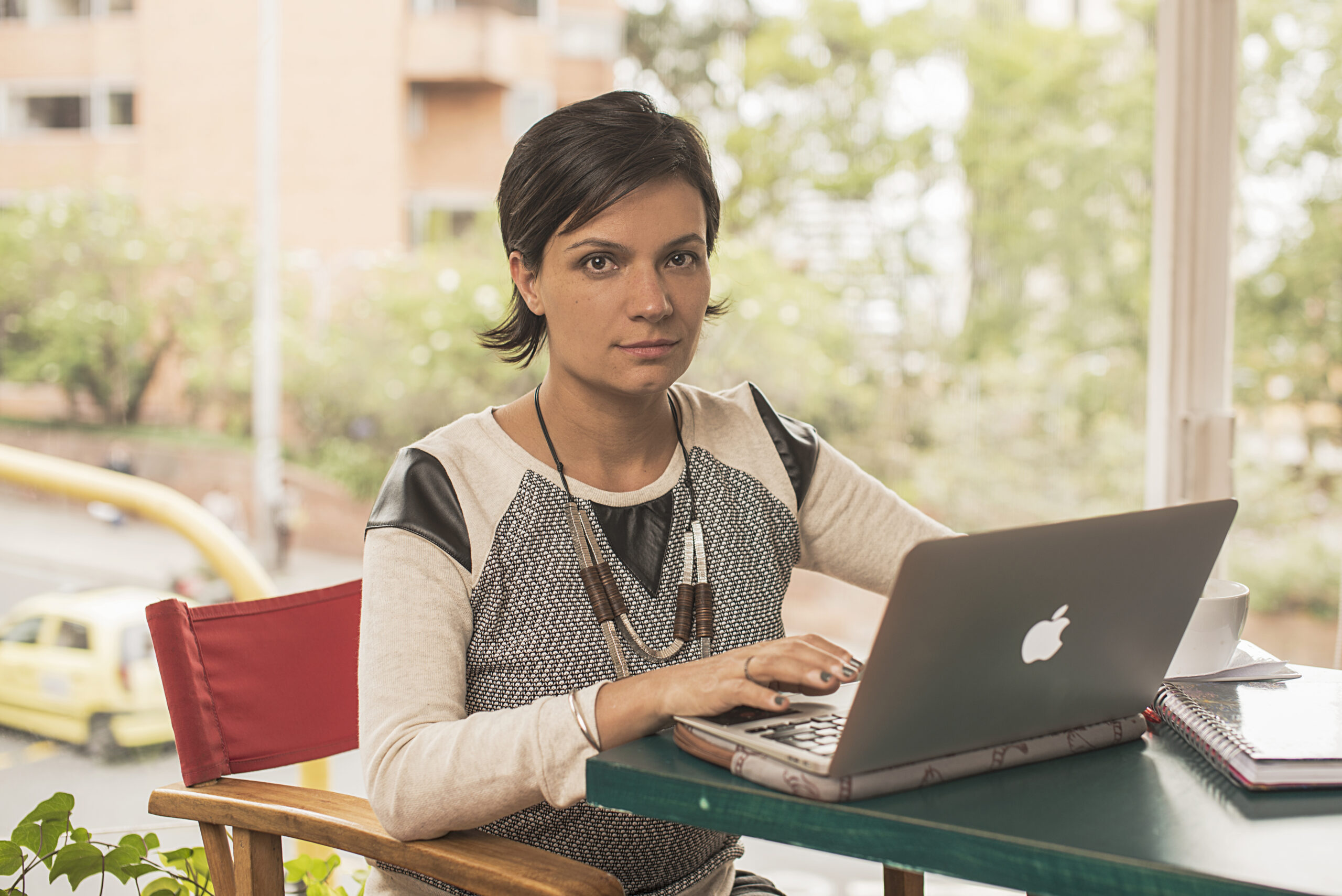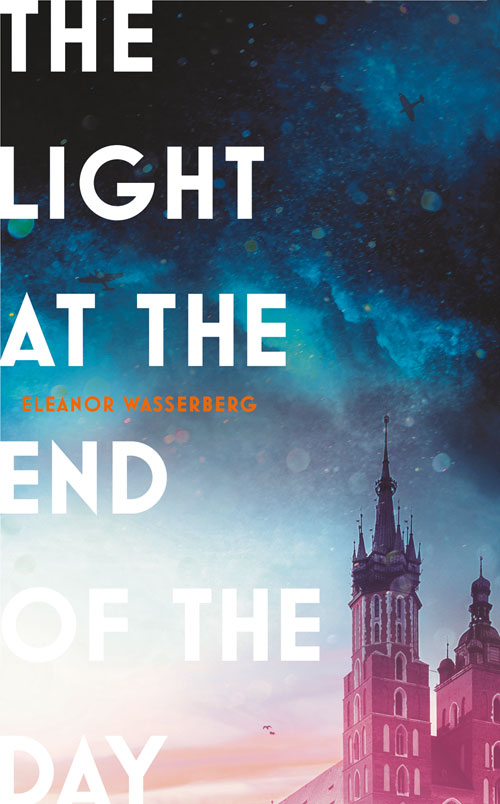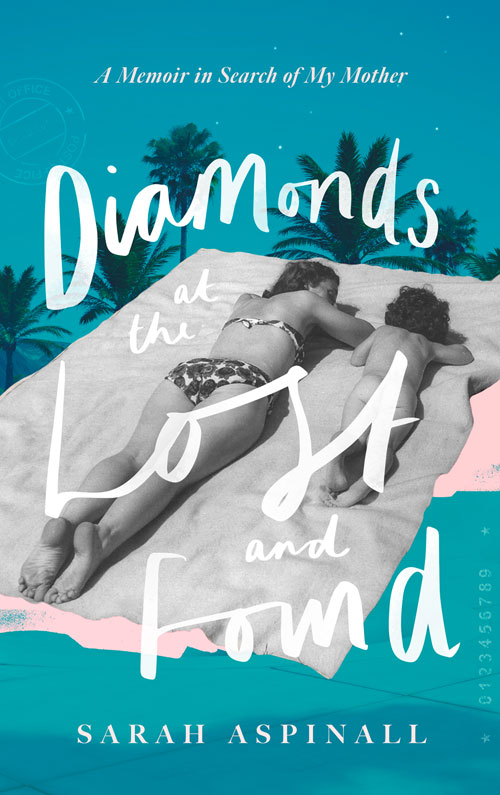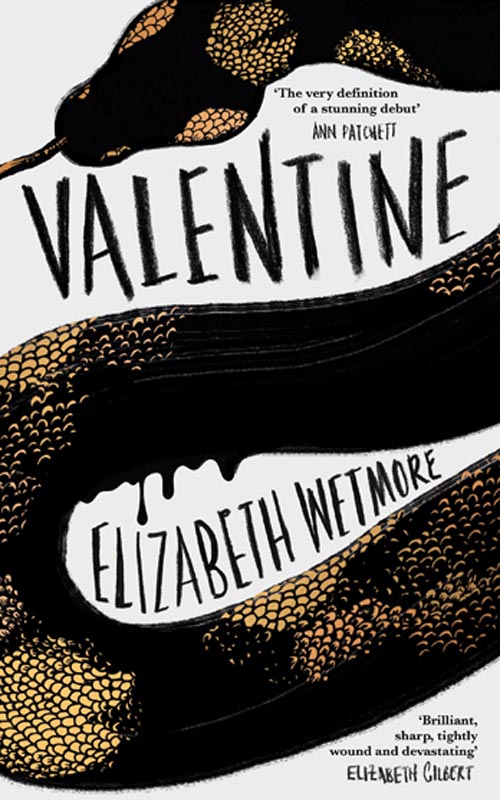Melba Escobar, author of House of Beauty answered 4 questions for us about feminism. Check them out.
What does it mean to be a woman in 2018?
It means to take responsibility for your own destiny. To make your life happen.
What do you hope is different for the women in your family in 50 years’ time?
My daughter is only five years old and she is fascinated by princess stories. What concerns me about this is how she only views herself in the passive role. A princess is there to be discovered, to be taken to a castle, to be chosen, to be saved, to be protected. Can’t she do any of those things for herself? Apparently not. The princess is not there to choose, to discover, to save or protect. I believe every human being should choose their role with free will, not have it imposed on them. Gender should not be an imposition. We should all be able to be who we want to be, no matter if we are born male or female.
If you could change one thing about how society views the feminist movement, what would it be?
I believe we women need to find a connection to men in our gender discourse. Men need to understand change is impossible without them. We need more male feminists. We girls can’t do this alone.
How do you respond to individuals who openly state they are not a feminist?
To be a feminist means to believe in the equality of human beings regardless of gender, and, we could add, regardless of race, nationality and beliefs. To say you are not a feminist is not too different from saying men deserve the privileges they enjoy and have the right to benefit from their power over women.
Of course, nowadays there are several ways to understand feminism, and inside the movement there are diverse ideas about what is the best path to equality. As Chimamanda says in her essay: ‘We should all be feminists.’ We should indeed – if we are to have any hope of building a world where we can all grow freely as individuals and not wear our gender like a corset restricting our thoughts and actions.




4thestatebooks